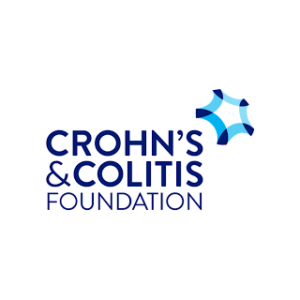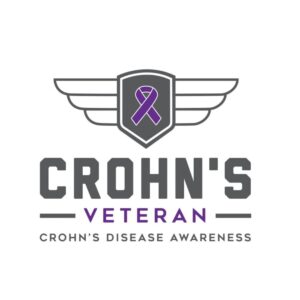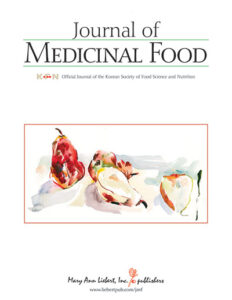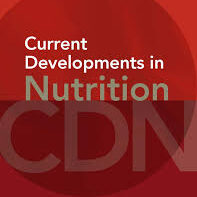Crohn’s and Colitis Hair Loss: Causes and Ways to Prevent It
Danielle Gaffen, MS, RDN, LD
- Last Updated
Co-written by Renata Cauchon-Robles
If you’re dealing with Crohn’s disease hair loss, you’ve come to the right place. While some hair loss is normal for everyone, this article will explain a bit more about possible Crohn’s disease hair loss, Ulcerative Colitis hair loss and what you can do about it.
When we talk about IBD, we mostly talk about how it impacts our digestion. Symptoms affecting parts of the body other than the intestines can sometimes be related to IBD, too. Hair loss can be related to inflammation, nutrient deficiencies, medications, or even mental health. It is common for people with IBD to notice more hair falling out than usual.
For example, my husband Ari, who has Crohn’s disease, not only faced challenges with his digestive health but also experienced significant hair loss, which we later understood was linked to both his IBD and nutritional status.
Why Does Our Hair Fall Out?
In general, an increase in hair loss can be related to protein or micronutrient deficiencies. In order for hair to grow, the hair follicle needs nutrients and a supportive environment. Kind of like a plant! Lacking these conditions can lead to a change in hair structure, color changes, hair thinning or hair loss.
If hair loss is triggered by malnutrition, skin and nails may also show changes. Being malnourished is something that occurs over a period of time, typically over the span of 3-4 months minimum before any diagnosis is made.
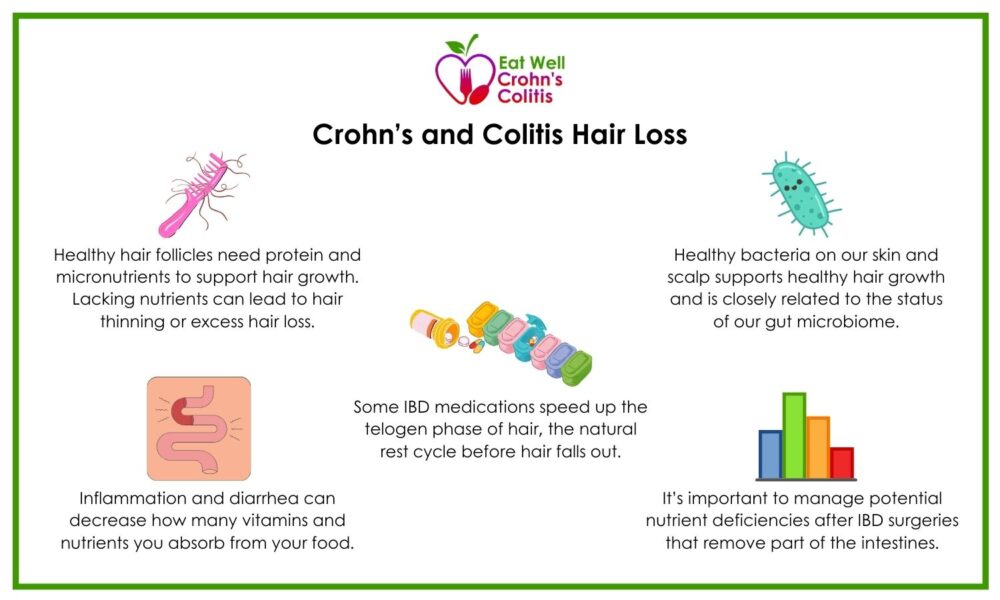
Does Inflammatory Bowel Disease Cause Hair Loss?
Having IBD does make some nutrient deficiencies more likely because of inflammation or the removal of a portion of the intestine. Protein and zinc deficiencies are two of the most common for people with IBD. These can both trigger hair loss. Chron’s and Colitis can trigger hair loss in specific ways, but first I’ll describe how inflammation and overall gut health are related.
Can Inflammation Cause Hair Loss?
Chronic inflammation can decrease how many vitamins and nutrients you can absorb from your food. Hair thinning can be related to insufficient nutrients in the body.
Some studies have found that hair loss is associated with inflammatory cells in the hair follicle that prevent normal growth patterns. This is different from inflammation in the intestines, but does show a relationship between inflammation and hair loss.
Gut Health and Hair Loss
Our gut bacteria is responsible for coding up to 4 million genes in our body. There is a genetic factor to hair loss, especially alopecia. The healthy bacteria on our skin and scalp, which supports healthy hair growth, is closely related to the status of our gut microbiome, too.
The common Western diet, commonly known as a trigger for IBD flares and symptoms, has a negative effect on our gut microbiome. A diet high in saturated fat and low in fiber can decrease the diversity of our microbiome. The gut microbiome is also strongly connected to our immune system!
Diarrhea and Hair Loss
Since diarrhea is a quicker emptying of your intestines, it can decrease your body’s ability to absorb important vitamins and nutrients from food. Key nutrient deficiencies can speed up hair loss. Dealing with chronic stress can also increase diarrhea symptoms.
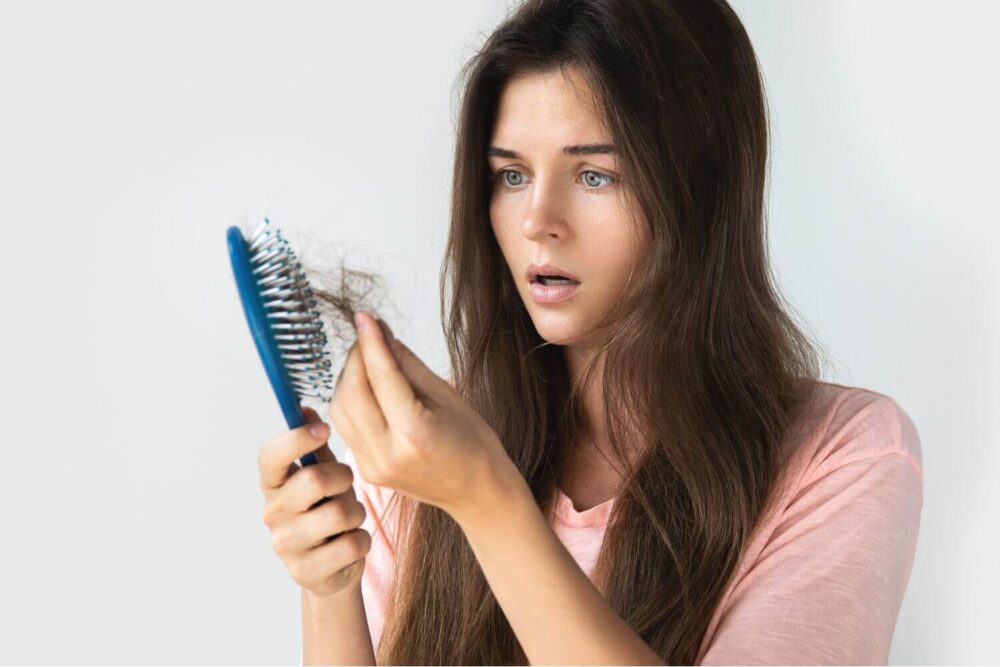
Does Crohn’s Disease Cause Hair Loss?
It has not been proven by enough studies that IBD diseases like Crohn’s disease directly cause hair loss. However, there can be many physical and psychological factors that affect hair loss.
Some studies have been done to understand the association between Crohn’s and Alopecia. Alopecia is a type of hair loss that can cause circular patches of baldness throughout the body. For people who have Alopecia, an autoimmune condition triggers an attack on their own hair follicles due to an issue in their immune system.
IBD Medications and Hair Loss
Some medications used for Crohn’s disease, such as methotrexate may have a side effect of hair loss.
Our hair typically has a natural rest cycle before it falls out; this is called the telogen phase. Some IBD medications may accelerate the telogen phase of hair.
If it’s determined that hair loss is a side effect of a medication you are taking for IBD, other types of medication may be available. Talk with your healthcare provider about any opportunity for adjustments.
Does Mesalamine Cause Hair Loss?
In some cases, Mesalamine has been found to minimize hair loss for people with Crohn’s disease. This may be because the medication improves the overall health status, rather than it working as a direct treatment for hair loss. You will still notice a “less common” side effect of Mesalamine is hair loss or hair thinning, which may go away as your body gets used to the medication.
How Do You Stop Hair Loss from Crohn’s Disease?
Choosing IBD-friendly foods in a way that is tailored to your body’s needs can play a key role in preserving nutrient levels and supporting your overall health journey. Especially during flare ups, inflammation and diarrhea can limit how many nutrients your body absorbs. Whereas if your body has enough nutrients, it can support things like strong hair growth.
B vitamins are important for maintaining hair growth. Being low in one B vitamin is not likely to cause hair loss independently. Alongside micronutrient deficiencies, high stress, anxiety, or depression may also contribute to hair loss. Managing your flares can help reduce the normal stress and emotional impact of dealing with IBD.
How to Stop Hair Loss from Ulcerative Colitis
Maintain a nutritious diet to avoid malnutrition and improve symptoms of ulcerative colitis hair loss. If you are not getting enough calories for your body’s energy needs, your body switches to using your existing protein and amino acids for energy instead.
This makes protein unavailable for normal functions like building the cells that a strong hair follicle needs. A damaged hair follicle will not support hair growth, and hair can easily fall out.
Ulcerative Colitis Hair Loss Treatment
Taking a multivitamin may be a helpful solution for people who are deficient in certain vitamins or nutrients. However, it’s important to be cautious of hidden food additives in supplements, and always check with your healthcare team to find a product that is appropriate for you.
Easy lab tests can confirm some deficiencies. There is minimal research about whether a multivitamin is helpful for people who do not have any deficiency.
According to the Cleveland Clinic, treating iron deficiency, when applicable, may be a helpful strategy to support hair growth.
Is Hair Loss from IBD Reversible?
Hair can regrow. You may notice hair loss gets worse during an IBD flare, but there is a chance for things to get better when you are in remission.
Take Home Message & Next Steps
If you are noticing hair loss and experiencing IBD, you are not the only one. Talk to an IBD-focused registered dietitian about your symptoms.
- Get ideas for how to include enough protein in your diet.
- Get familiar with common nutrient deficiencies with IBD.
- Explore a nutrition diet plan to ensure you’re getting the nutrients you need.
References
- Flanagan, R.F., Cai, J.X. Untangling the Link Between Gastroparesis, Micronutrient Deficiency, and Hair Loss. Dig Dis Sci 68, 1086–1088 (2023). https://doi.org/10.1007/s10620-023-07853-0
- Finner AM. Nutrition and hair: Deficiencies and supplements. Dermatol Clin. 2013;31(1):167-172. https://www.sciencedirect.com/science/article/pii/S0733863512001039. doi: 10.1016/j.det.2012.08.015.
- Peyravian N, Deo S, Daunert S, Jimenez JJ. The Inflammatory Aspect of Male and Female Pattern Hair Loss. J Inflamm Res. 2020;13:879-881. Published 2020 Nov 10. doi:10.2147/JIR.S275785
- Whelan C, Collins D, Trull K, Doka C. Can crohn’s disease cause hair loss? Healthline Web site. https://www.healthline.com/health/does-crohns-disease-cause-hair-loss. Updated 2022. Accessed Dec 26, 2023.
- Maghfour J, Olson J, Conic RRZ, Mesinkovska NA. The Association between Alopecia and Inflammatory Bowel Disease: A Systematic Review and Meta-Analysis. Dermatology. 2021;237(4):658-672. doi:10.1159/000512747
- Sánchez-Pellicer P, Navarro-Moratalla L, Núñez-Delegido E, Agüera-Santos J, Navarro-López V. How Our Microbiome Influences the Pathogenesis of Alopecia Areata. Genes (Basel). 2022;13(10):1860. Published 2022 Oct 14. doi:10.3390/genes13101860
- Crohn’s and Colitis Canada. IBD journey symptom management: Diarrhea and urgency. https://crohnsandcolitis.ca/Test/About-Crohn-s-Colitis/IBD-Journey/Symptom-Management/Diarrhea-and-Urgency Web site. Accessed Jan 4, 2024.
- Eisner TM, Ritterbrand L. Hair loss and IBD: Causes and treatment . My Crohn’s and Colitis Team Web site. https://www.mycrohnsandcolitisteam.com/resources/hair-loss-and-ibd. Updated 2021.
- Johnston LA, Lu C, Poelman SM. Successful treatment of concomitant alopecia universalis and Crohn’s disease with upadacitinib: A case report. SAGE Open Medical Case Reports. 2023;11. doi:10.1177/2050313X231160914
- Bowers ES, Breite IDM. 9 symptoms of crohn’s disease that don’t affect digestion. Everyday Health Web site. https://www.everydayhealth.com/hs/crohns-disease-treatment-management/crohns-symptoms-that-dont-affect-digestion/. Updated 2023. Accessed Dec 26, 2023.
- Mayo Clinic, inventor; Merative M, assignee. Drugs and Supplements: Mesalamine (Oral Route).November 1, 2023.
- Trost LB, Bergfeld WF, Calogeras E. The diagnosis and treatment of iron deficiency and its potential relationship to hair loss. J Am Acad Dermatol. 2006;54(5):824-844. https://www.sciencedirect.com/science/article/pii/S0190962205047456. doi: 10.1016/j.jaad.2005.11.1104.




